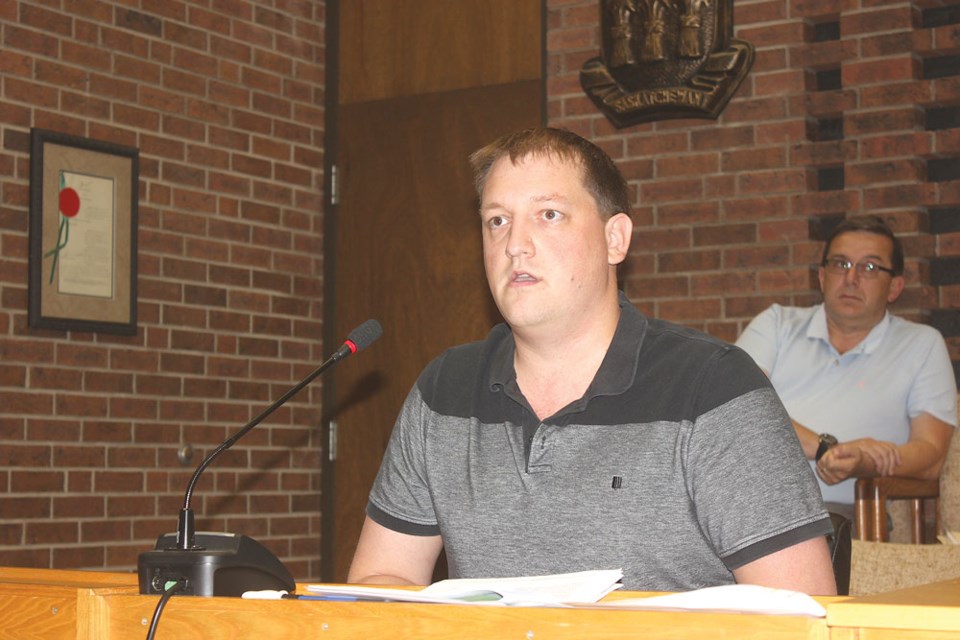The project to shift Estevan’s primary water source from Boundary Dam to Rafferty Dam has hit a setback, but it’s still going to proceed.
Estevan city council rejected the tenders that came in for the water intake project during Monday night’s meeting, as all of the tenders were significantly over-budget. The intake project will shift the city’s primary water source from Boundary Dam to Rafferty Dam, which is expected to result in a cleaner source of water.
The lowest bid was from Kelly Panteluk Construction Ltd., at more than $14.5 million. The engineering firm contracted out by the city estimated a month ago that the project would cost $10 million.
The provincial and federal governments have committed to each funding one-third of the costs of the water intake, to a maximum of about $8 million.
Shane Bucsis, the manager of the water division for the City of Estevan, said there were three main reasons the project came in over-budget. The first was a requirement through the environmental assessment for the project that work be completed from Oct. 1 to March 31. It’s costs more to complete the work during the winter months.
There are also issues related to the depth of Rafferty.
“Our engineering estimate was really off on what it would be to set up an intake that low,” said Bucsis.
Finally, there is no competition for pipe right now because of consolidation in the pipe manufacturing industry. The cost of pipe has gone from $180/metre to $233/metre.
“When you’re dealing with 14 kilometres of pipeline, that adds a great cost to the project,” said Bucsis.
The city is looking at several options for the next step, including splitting the project in two, as a pump house associated with the project could be completed separately. The city has also considered approaching the Ministry of Environment to see if the environmental assessments could be eased, seeking more money from the other levels government, and looking at different design overall to reduce the cost.
Bucsis stressed this project will still go ahead, but it could result in a longer timeline. The intake project was expected to be completed next year.
City manager Jeff Ward said the city has been in contact with the province, since this is “unchartered territory” for the city. It’s believed the city will have until 2021 to complete the intake project.
“We do have some legwork to do to see how we’re going to make this work, and I know Shane has been hard at work already,” said Ward.
Also, now that the city has rejected the tenders, they can consult with the companies that submitted bids regarding the work.
Councillor Greg Hoffort wanted to know if the city could apply for additional grants for the project, so that it would have to deal with the added costs on its own.
“It’s probably a long shot, but it might be worth asking that question,” said Hoffort.
Mayor Roy Ludwig said it has been considered. He stressed this is an important project to complete.
The federal and provincial governments announced in 2016 that they would each contribute up to $3.1 million, or one-third of the projected cost at the time, for water improvement costs in Estevan. The city would be responsible for the remaining third of the cost.
But the government funding was a waste residuals management project for the water treatment plant, which was completed last year. The water intake project accounted for the vast majority of the cost.
If costs exceed a total of $9.4 million for the water intake and residuals management projects, then the city will be responsible for the remaining overages.
An engineering report and the environmental assessment for the water intake project have already been completed.
Bucsis remains confident that the intake project can begin next year, but the city wants to ensure they get the best value for local residents.
“It is a setback just because of extending our timeframes, but it’s not a setback on the overall project,” said Bucsis.
If the project isn’t going to be completed by 2021, then the city can turn to the provincial and the feds for an extension.



